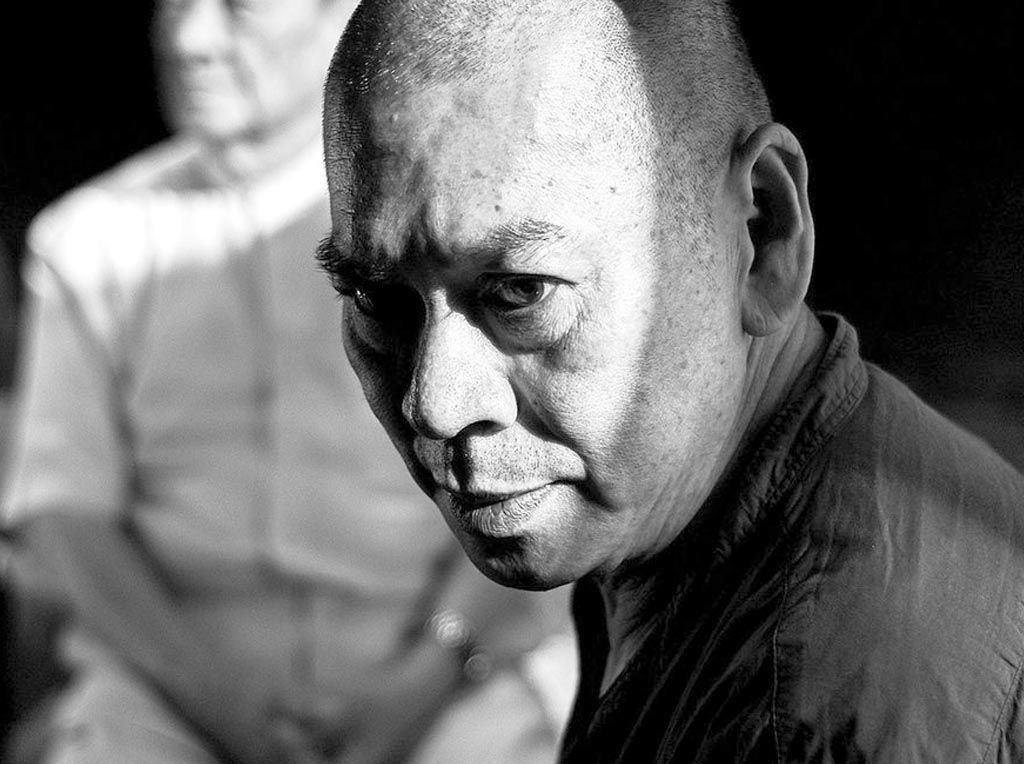
Tsai Ming-liang
País: MalasiaActividad:
Taller (2021) Clase magistral (2021) Retrospectiva Tsai Ming-liang ()Biografía ES:
Asociado a los cineastas de la llamada Nueva Ola del cine taiwanés surgido entre los años 80 y 90, el también dramaturgo y director de teatro Tsai Ming-liang ha realizado más de una decena de largometrajes, cortometrajes y numerosos trabajos audiovisuales en los últimos años. Estudió en el departamento de Drama y Cine de la Universidad Cultural de Taiwán y trabajó como productor teatral, guionista y director de televisión durante varios años. Su primer largometraje, Qing shao nian nuo zha (Rebels of the Neon God, 1992), se estrenó en el Festival Internacional de Cine de Berlín, Berlinale, mientras que en 1994, Ai qing wan sui (Vive L'Amour, 1994) ganó el premio Golden Horse del Festival Internacional de Cine de Taipéi a Mejor Película y Mejor Director, además del León de Oro a mejor película en el Festival Internacional de Cine de Venecia, Biennale. Tres años después, He liu (The River, 1997), la que quizá sea su película más desoladora, obtuvo el Premio Especial del Jurado en la 47ª edición de la Berlinale, mientras que Tian bian yi duo yun (The Wayward Cloud, 2005) obtuvo el premio Alfred Bauer y el Oso de Plata en 2005, y su último trabajo Rizi (Days, 2020) ganó el Premio del Jurado Teddy. En 1998, Dong (The Hole, 1998) recibió el premio FIPRESCI en el Festival de Cannes y en 2013 Jiao you (Stray Dogs, 2013) ganó el Gran Premio del Jurado de nuevo en la Biennale, a donde volvería cuatro años después para presentar Jia zai lanre si (The Deserted VR, 2017) en la nueva sección dedicada a la realidad virtual del festival; Ming-liang es el primer director en China que ha realizado una película de este tipo. Tsai Ming-Liang está considerado como uno de los mejores directores del mundo, pero también ha presentado videoinstalaciones en las bienales de Venecia y Shanghái, y presentado su trabajo en festivales de arte en Bruselas, Viena y Taipéi.
Biografía EN:
Linked to the filmmakers of the so-called New Wave of Taiwanese cinema of the 1980s and 1990s and also a playwright and theater director, in the last few years Tsai Ming-liang has made over ten features and short films, as well as numerous audiovisual works. He graduated from the Drama & Cinema Department at the Chinese Culture University of Taiwan and worked as a theatrical producer, screenwriter, and television director for several years. His first feature, Qing shao nian nuo zha (Rebels of the Neon God, 1992), premiered at the Berlin International Film Festival, Berlinale. In 1994, Ai qing wan sui (Vive L'Amour, 1994) won the Golden Horse for Best Film and Best Director at the Taipei International Film Festival, as well as the Golden Lion for Best Film at the Venice International Film Festival, Biennale. Three years later, He liu (The River, 1997) received the Special Jury Award at the 47th edition of the Berlinale. Tian bian yi duo yun (The Wayward Cloud, 2005) received the Alfred Bauer Prize and the Silver Bear in 2005. His most recent work, Rizi (Days, 2020) won the Teddy Jury Award. In 1998, Dong (The Hole, 1998) received the FIPRESCI Award at the Cannes Festival. And, in 2013, Jiao you (Stray Dogs, 2013) won the Jury Award again at the Biennale, where he would return four years later to show Jia zai lanre si (The Deserted VR, 2017) in the new festival section devoted to virtual reality. Ming-liang is the first Chinese director who has made a film with these characteristics. Considered as one of the best film directors in the world, Tsai Ming-liang has also presented video installations in the Venice and Shanghai biennials and his art work has been shown in festivals in Brussels, Vienna, and Taipei.


